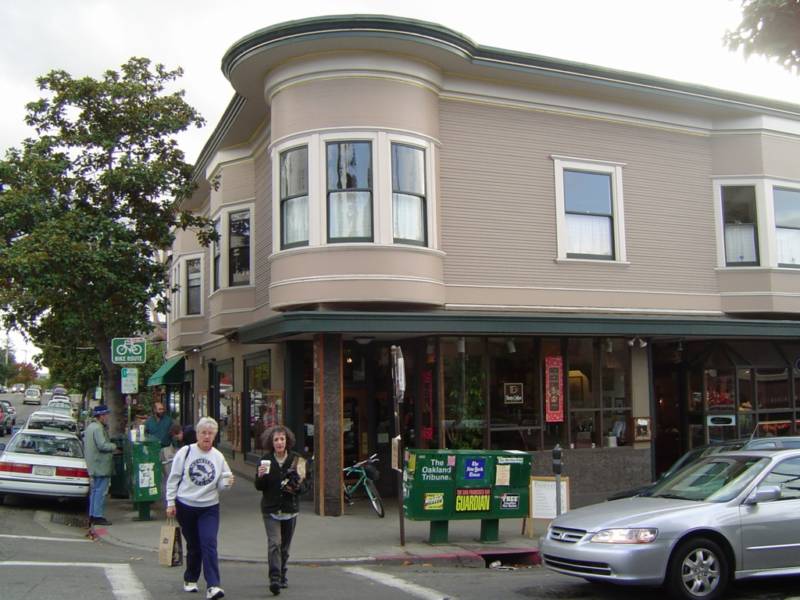In 2019, words matter.
So it’s not surprising that a North Berkeley business group has decided to stop using the name “Gourmet Ghetto” to brand the now-iconic neighborhood.
The moniker, for decades, has been used to identify a short stretch along Shattuck Avenue and nearby streets that’s home to several legendary food and drink establishments, including the original Peet’s Coffee, the Cheese Board Collective and Chez Panisse, a restaurant co-founded in the early 1970s by chef Alice Waters and considered a pioneer of California cuisine.
But, as detailed in a recent Berkeleyside article, a group of residents and business owners have successfully pushed to scrap the name, one they consider antiquated and culturally insensitive.
The word ghetto has long been associated with segregating specific groups of people. Its roots can be traced back to at least the 16th century, when Italian Jews were forced to live in restricted areas of Venice. In its more contemporary American context, ghetto is used as a pejorative to describe African American culture.
